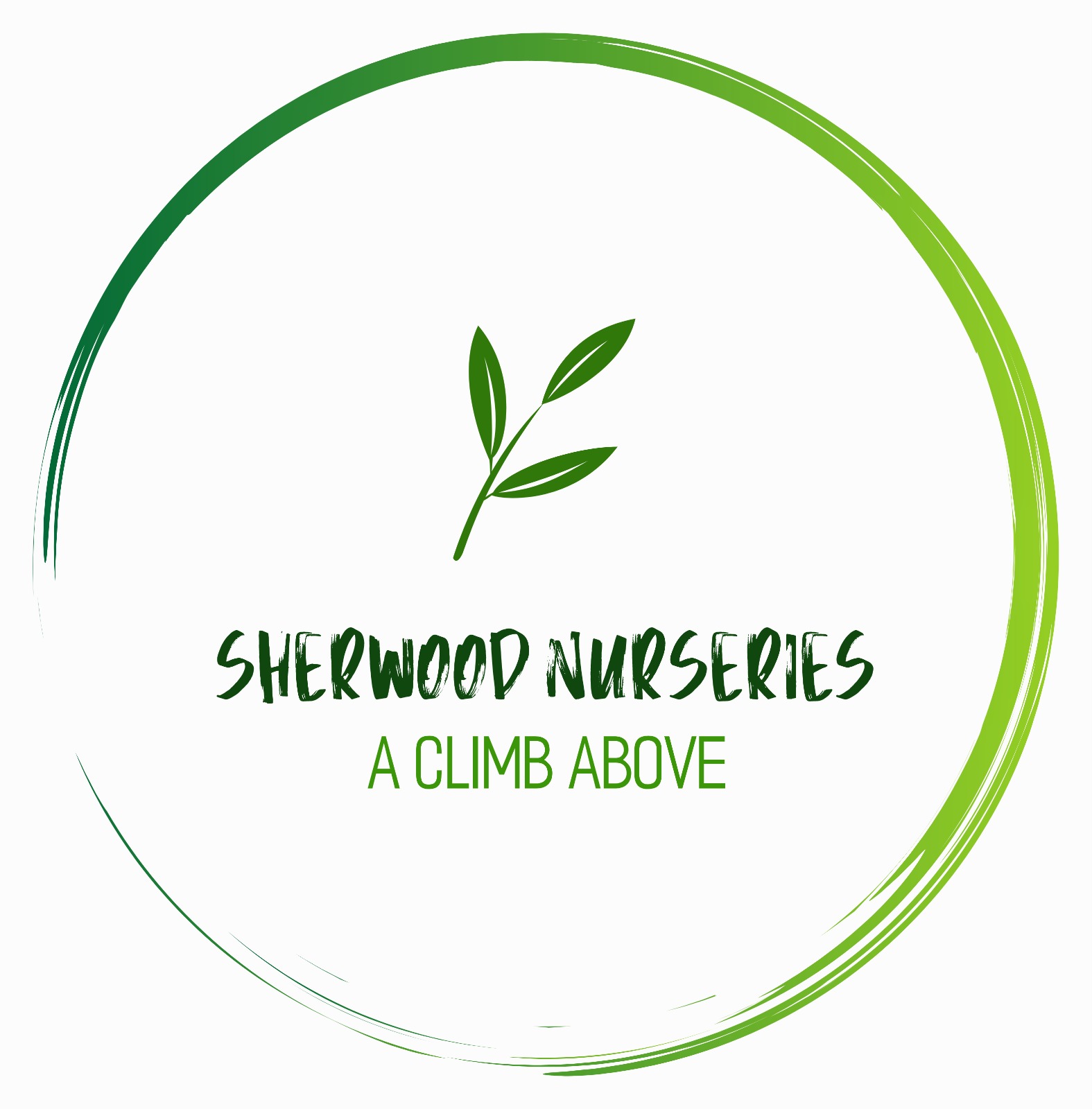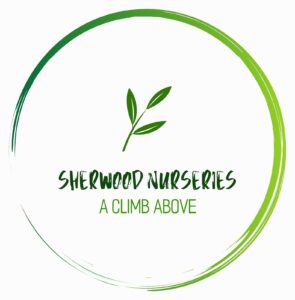Height: 5 feet
Spread: 5 feet
Sunlight:
![]()
![]()
Hardiness Zone: 3b
Description:
A medium sized ball-shaped shrub with dusty green foliage, small yellow flowers in spring and red berries in fall; excellent choice for use in groups or for hedges and screening because of its consistent shape; easy to grow and very adaptable
Ornamental Features
Clavey's Dwarf Honeysuckle features subtle creamy white flowers along the branches in mid spring. It has bluish-green deciduous foliage. The oval leaves do not develop any appreciable fall colour. It produces red berries from early to mid summer.
Landscape Attributes
Clavey's Dwarf Honeysuckle is a dense multi-stemmed deciduous shrub with a more or less rounded form. Its relatively coarse texture can be used to stand it apart from other landscape plants with finer foliage.
This shrub will require occasional maintenance and upkeep, and is best pruned in late winter once the threat of extreme cold has passed. It is a good choice for attracting butterflies to your yard. It has no significant negative characteristics.
Clavey's Dwarf Honeysuckle is recommended for the following landscape applications;
- Mass Planting
- General Garden Use
Planting & Growing
Clavey's Dwarf Honeysuckle will grow to be about 5 feet tall at maturity, with a spread of 5 feet. It tends to fill out right to the ground and therefore doesn't necessarily require facer plants in front, and is suitable for planting under power lines. It grows at a medium rate, and under ideal conditions can be expected to live for approximately 30 years.
This shrub does best in full sun to partial shade. It does best in average to evenly moist conditions, but will not tolerate standing water. It is not particular as to soil type or pH. It is highly tolerant of urban pollution and will even thrive in inner city environments. This particular variety is an interspecific hybrid.


